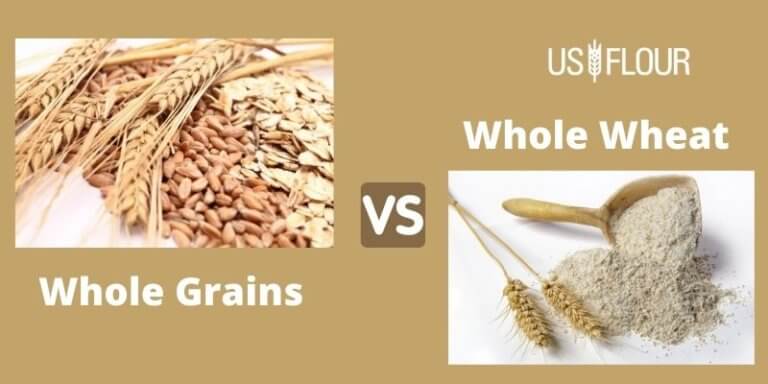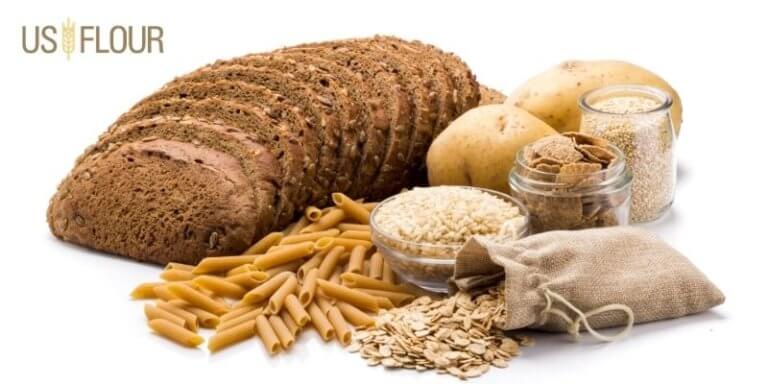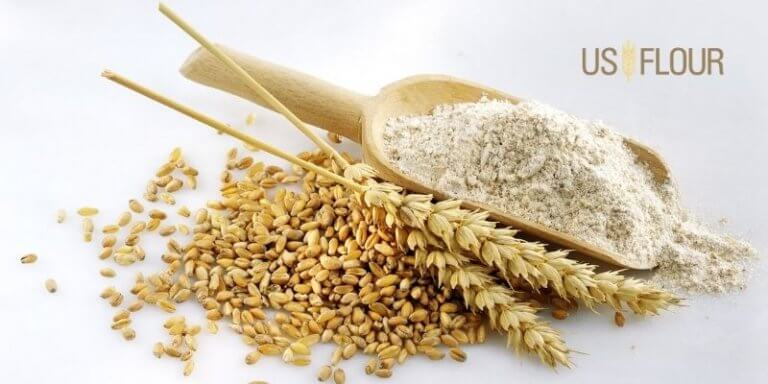Whole Grain Vs. Whole Wheat: What Is The Difference?

We all keep striving hard to ensure that our body (mentally and physically) remains healthy, fit, and fine. For that, some of the most essential things that you need to follow are consuming healthy food, drinking enough water, and regularly exercising. While consuming good and healthy food, most people would recommend you to have whole grains or whole wheat. But what exactly is the difference?
Just like everyone else, you might be finding this confusing. But do not worry. We are here to help you out and let you know what’s the difference between the two and which one would be healthier. When you enter the supermarket or the grocery stores, you might come across packets that have different labels on the packets — whole grain and whole wheat.
Well, the difference between whole wheat and whole grain is really simple.
Whole Wheat basically refers to the entire kernel of the wheat that is intact, and the parts are not divided into any sections.
What Do We Mean By Whole Grains?

Most nutritionists and dieticians would consider whole grains as little nuggets of nutrition that help in keeping you healthy and active. When you refer to the whole grain, you are actually referring to all the components of the entire wheat kernel — bran, germ, and endosperm.
All three components have different nutrients to offer, and let’s see what they are.
Bran: The bran part of the whole wheat kernel is the outermost layer and is extremely fibrous. It is known for providing essential minerals and vitamins to the body so that you feel energetic.
Germ: The germ portion of the wheat grain is beneficial in providing healthy fats, and essential vitamins such as E & B and also antioxidants.
Endosperm: The wheat grain also has endosperm, which is basically the carb-delicious part of the wheat kernel. When the endosperm of the wheat kernel is refined, you get white wheat flour.
Usually, the experts consider that whole grains are better to be consumed on a daily basis as it has high amounts of fiber, vitamins, and minerals. These make you energetic and also boost your immune system.
What Do We Mean By Whole Wheat?

In the case of whole wheat, you would be exclusively referred to just wheat kernels and not bran or endosperm. Whole wheat cannot be consumed directly. You would have to either use it in the form of flour or any baked item. When the manufacturer makes use of whole wheat in producing refined products, then it will directly refer to the wheat kernel. The wheat kernels are quite nutritious. These can make it good to be consumed on a daily basis.
Which One Is Healthier For You?
If you undergo a consultation with an expert nutritionist or dietician, then you will get to know that whole grain and whole wheat are both composed of the kernel, and thus they are both considered quite nutritional.
You can choose any of them to ensure a healthy diet. Both whole grain and whole wheat have the potential to provide enough nutrition that can prevent diseases and keep your immune system healthy. It helps in reducing the risk of heart diseases and supports staying healthy.
Summary
Now you know the difference between whole wheat and whole grains, it’s time to make the right choice whether you need whole grains or whole wheat.
Usually, all the types of grains are considered good for health and also the best source of complex carbohydrates, essential vitamins, and a wide range of minerals. When it comes to whole wheat grains, similar to the other grains, they are also considered a healthy option.
You can prepare different recipes from the whole wheat grains or make use of the whole wheat flour and consume it in different ways in your lunch and dinner. If you do not want to consume whole wheat crushed grains, then you can use the flour to prepare bread from it and consume it for nutritional benefits.
Many people are opting for white bread, which is not at all nutritional and does not provide any sort of health benefits to the body. So be wise and choose whole wheat grains to improve your overall health.
 Power to The Bakers.
Power to The Bakers.